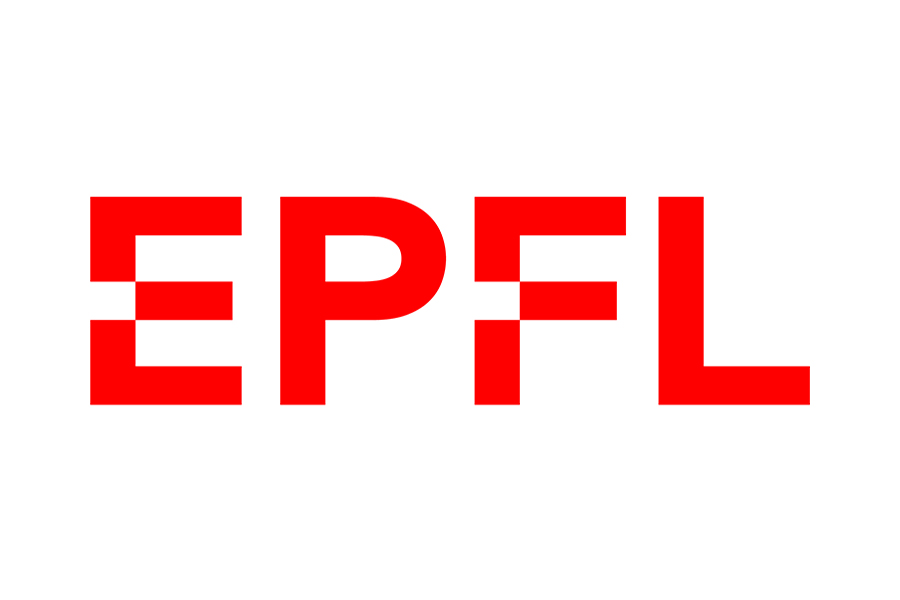
COVID-19 Testimonial Series | EPFL’s Laboratory of Microbiology and Microtechnology
Share this article
Cutting-edge microfluidics to study the behaviour of bacterial pathogens under fluctuating environments
The following article is part of BioAlps’ testimonial series and was written by Dr. Vivek Thacker, Scientist at EPFL School of Life Sciences Laboratory of Microbiology and Microtechnology. Our series aims to provide a platform for the different life sciences actors from western Switzerland, who are active in finding and developing solutions to fight against the new coronavirus, to share their experience.
Presentation of COVID-19 related activities
The Laboratory of Microbiology and Microtechnology at EPFL’s School of Life Sciences uses cutting-edge microfluidics to study the behaviour of bacterial pathogens under fluctuating environments. In pursuit of this goal, members of the lab have developed and adopted sophisticated in vitro models that recreate key aspects of host physiology relevant to developing a better understanding of host pathogen interactions. For example, in the case of M. tuberculosis, a lung-on-chip model was recently used to study the bacterial growth at an air-liquid interface and characterise bacterial growth in immune and non-immune cells simultaneously.
In response to the COVID-19 pandemic, a small team within the lab repurposed the model developed for tuberculosis into one for COVID-19. This involved the use of primary human cells, and the focus was to rapidly develop the model, benchmark it to the rapidly evolving clinical data available at the time, and then use it to develop new insights into the pathogenesis of this virus in the alveolar space. Using the model, we observed that whereas the virus did not replicate rapidly in these cells, there was nevertheless a rapid transmission of the virus into the underlying vascular cells. Here the infection generated an amplified inflammatory response, which we are now working to characterise further.
Exogenous impact of COVID-19 on the project
As a research lab working in infectious diseases, COVID-19 provided both an opportunity and a significant challenge. It required a significant change in research methodology to work with viruses, and much of this work had to be done around the lockdown both at EPFL and in the wider world. In a short time, we have had to become attuned to a new pathogen and way of thinking, develop new research connections and keep up to date with the rapidly changing literature. This last point was especially tiring at times, yet the exciting opportunity to work directly on the cutting edge of research into one of humanity’s most pressing problems was an incredible motivation for all of us.
Endogenous impact of COVID-19 on the project
The main impact to our work at the start of the pandemic was the abrupt transition to working from home. This was especially for our lab, as a majority of the work we do is experimental. Working with a slow growing pathogen such as M. tuberculosis also meant that many experiments planned weeks in advance had to be cancelled or postponed, and alternative measures had to be found for those experiments already underway. In the past few months, as case numbers declined and EPFL opened up back to fully support our research activities, the disruptions to our everyday work has been relatively minimal. Yet there are some positives that have come out of this year and I hope they will outlast the pandemic. Many conferences have successfully migrated to online platforms, which in the long run will do much to democratise science and make it accessible to a wider community across the globe.